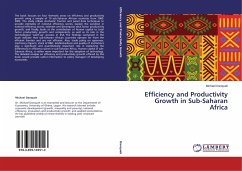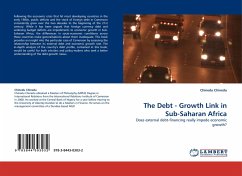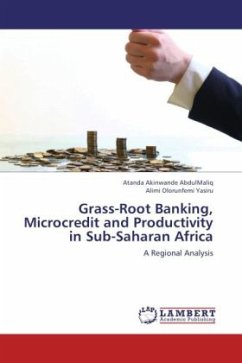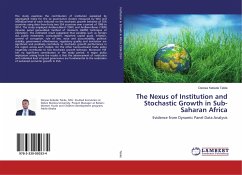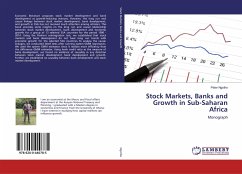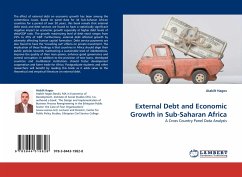The book focuses on four thematic areas on efficiency and productivity growth using a sample of 19 sub-Saharan African countries from 1960-2002. The study utilises stochastic frontier and panel data techniques to provide estimates of national efficiency scores; explain the variation in national efficiency scores; estimate and decompose total factor productivity growth; and finally, looks at the contribution of human capital to total factor productivity growth and components, as well as its role in the technological 'catch-up' process in SSA. The findings contained in the book indicate that sub-Saharan African countries operate far from the efficient frontier and are not efficient. Also, trade policy on openness, machinery imports, stock of R&D, landlockedness and quality of institutions play a significant and quantitatively important role in explaining the differences in efficiency scores in sub-Saharan Africa. Human capital in sub-Saharan Africa, is rather more important for theadoption of technology. The detailed analysis on efficiency and productivity growth offered by this book would provide useful information to policy managers of developing economies.
Bitte wählen Sie Ihr Anliegen aus.
Rechnungen
Retourenschein anfordern
Bestellstatus
Storno

